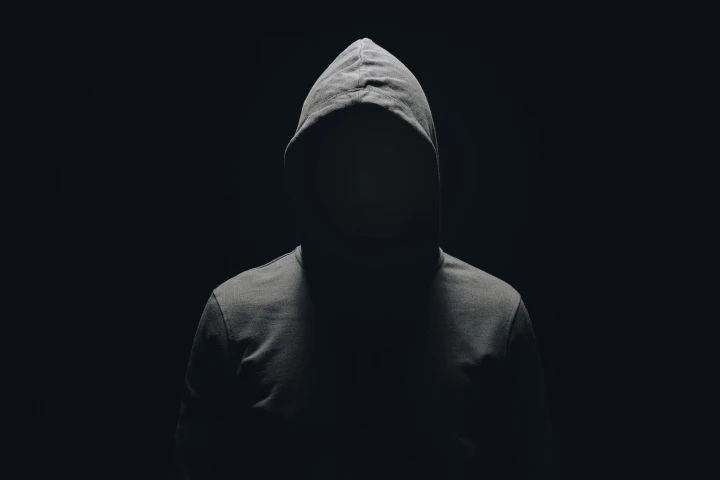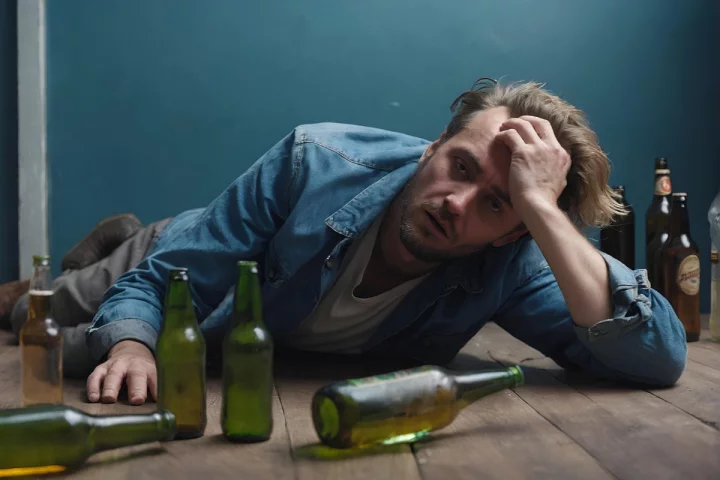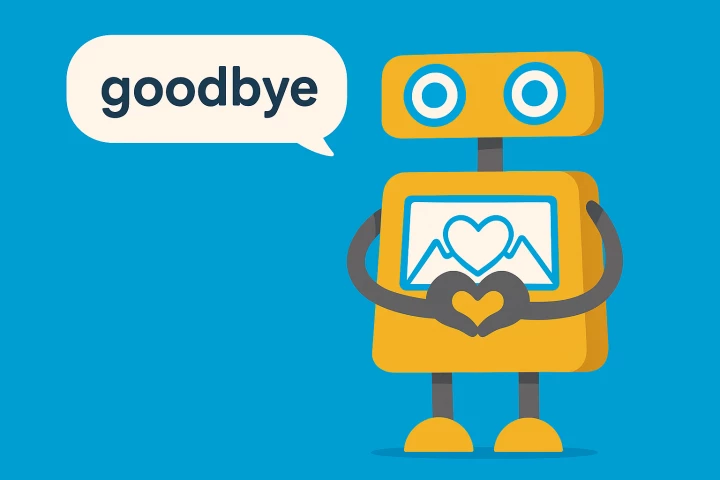Psychology
-
Researchers have a new angle to add to the nature vs. nurture debate about what shapes human behavior. A massive survey revealed a link between aversive societal conditions, and the "dark" personality characteristics that people may develop.
-
A recent study in Denmark looked at whether a single dose of psilocybin could help people reduce their alcohol intake – and the results from the small trial are quite promising. However, they might also warrant greater scrutiny.
-
A landmark AI therapy chatbot is closing down on June 30, and industry experts believe that its demise is most likely in response to the challenges of delivering impactful mental health services and navigating safety issues in the digital space.
-
If you're among the half of US adults who have tried to lose weight in the last year, you'll know how enthusiasm wanes when you hit the inevitable "plateau." New research shows that this is an adjustment period, and long-term success is over the hill.
-
While we're not short of divisive topics in 2025, there are valid reasons as to why we're turning to chatbots for emotional support – and why many of us are also very much against it. So how willing are you to embrace this new form of therapy?
-
You lean back from the dinner table, feeling like you physically couldn’t fit another bite in – but then someone offers pie and you just can’t say no. Scientists have now identified the neurons behind the “dessert stomach” phenomenon.
-
How you cope in a crisis and then move on from it may have less to do with your learned life skills and instead be shaped by your base personality. A new study has found the key traits that make some people experts in 'turning lemons into lemonade.'
-
A study is building on a body of evidence showing a common supplement used to build muscle may also confer beneficial mental health outcomes. The clinical trial suggests the effects of psychotherapy can be amplified by adding this nutritional supplement.
-
A study has found excessive social media use has little to no association with depression, anxiety and stress. However, another study found that men risk developing unhealthy obsessions with physique if they place too much importance on likes and comments.
-
A study has found that a smartphone app that uses a chatbot to deliver cognitive behavioral therapy can significantly reduce the distress caused by tinnitus, as well as the anxiety and depression that often accompanies it.
-
A team from Stanford has discovered a way to heighten hypnotic susceptibility. Using targeted neurostimulation the researchers have been able to amplify a person’s response to hypnosis, and the breakthrough could change the way therapy is administered.
-
A study found that incorporating VR into therapy for hoarding disorder, where people virtually dispose of clutter, reduced symptoms and increased real-life discarding of objects. Use of the technology could be an effective treatment for the condition.
Load More











